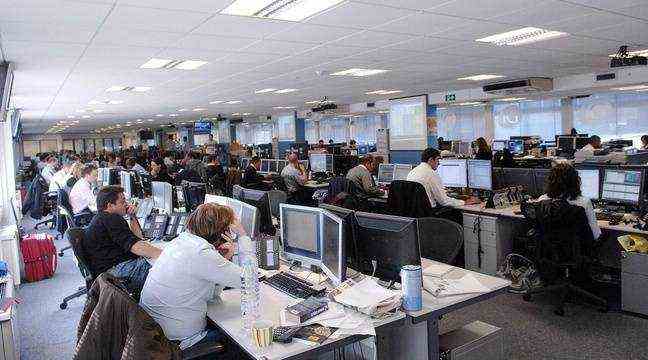Noise pollution disrupts life in companies. Almost half of workers (49%) said they were “bothered by noise” in their workplace in September, slightly less than last year (53%) and significantly less than in September 2019 (59% ), according to an Ifop study for the National Hearing Day (JNA) association published Thursday.
A third of these “employed workers” – employees or self-employed without employees – are disturbed “from time to time” (33%) by noise at work, while 16% are “often”, according to this study carried out for Hearing Health at Work Week from October 11 to 15.
25-34 year olds more disturbed than 50 and over
Men and women are almost equal when it comes to noise pollution: half of the men (50%) and almost one in two women (48%) have experienced “annoyance caused by noise”. Half of employees (51%) and a third of the self-employed (33%) say they suffer from it. The 25-34 year olds are the most disturbed (54%), while those 50 and over are the least affected (46%).
Workers are the professional category most affected by noise at work. More than six out of ten workers (62%) suffer from it, while less than five out of ten managers (49%) complain about it. The least impacted category is that of artisans-traders (26%). In addition, industry is the sector where workers report noise annoyance the most (67%), ahead of commerce (58%) and the construction-construction sector (53%).
“Fatigue, weariness and irritability”
Among all the workers questioned, 60% accuse noise at work of causing “fatigue, weariness and irritability” in their daily life. For more than half (55%), it is a source of stress. For four out of ten workers, this noise causes “sleep disturbances” (43%), “hearing discomfort” (43%) or “psychological suffering” (36%). A third (33%) even report “deafness” due to noise in the workplace.
Among teleworkers (35% of the sample), half (47%) say they “experience more noise in person, on their work site” than when working from home. And a third (30%) consider that their sensitivity to noise has increased “since returning to the work site, especially after the various confinements”.

